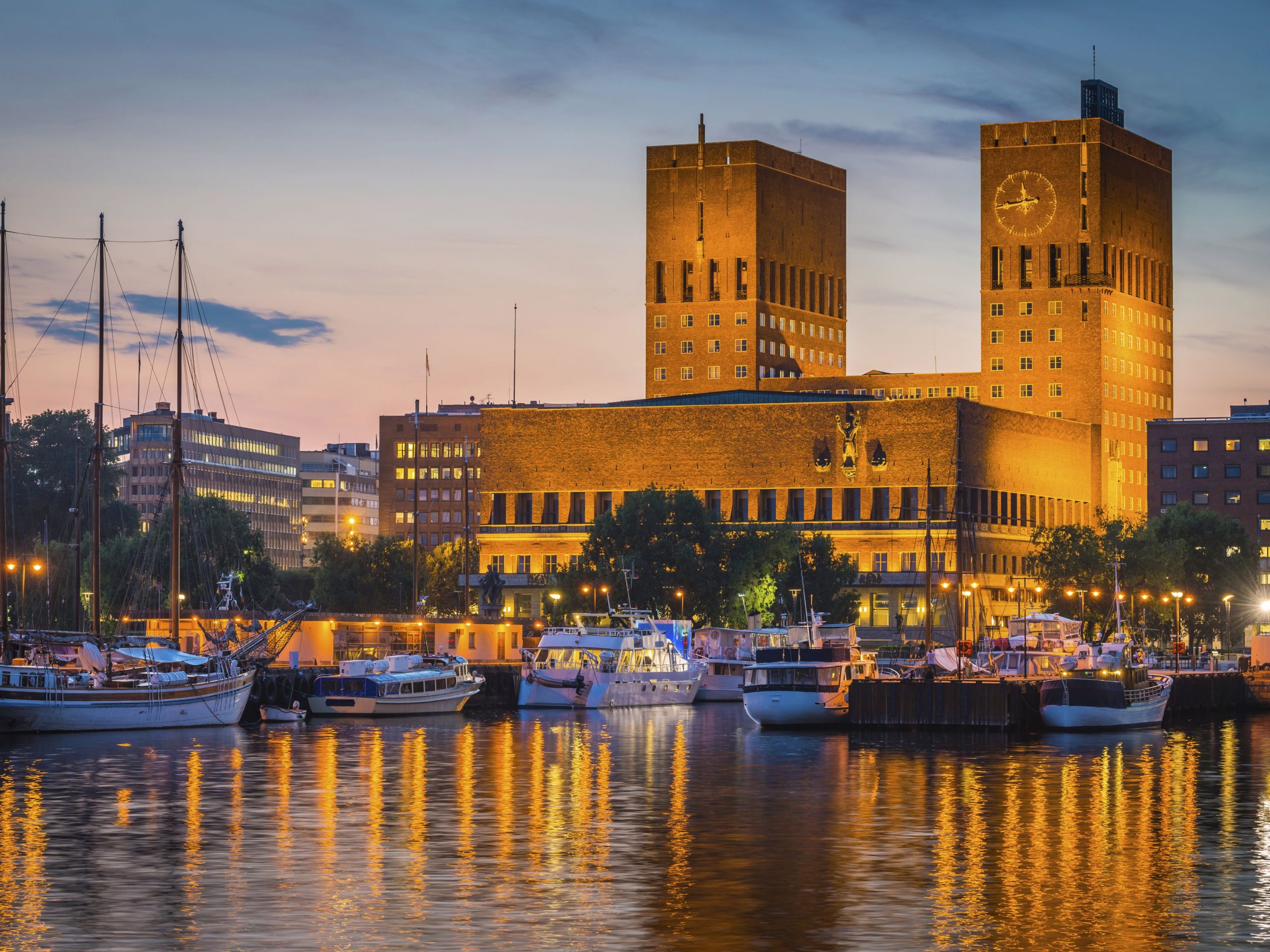Study in Norway
Study in Norway
Oslo, Norway’s capital and economic/government capital, was established in 1000 AD. Norway has an abundance of natural gas, petroleum, seafood, minerals, and freshwater reserves, all of which contribute to the country’s ability to provide subsidised higher education, universal health care, an excellent social security system, and consistently low unemployment rates.
Norway’s higher education system is made up of both public and private universities. Some are specialised, some are comprehensive, and some, known as “university colleges,” are primarily focused on providing undergraduate-level education in a variety of more vocationally focused subjects. Teachers are approachable, and tuition is frequently given in small groups and as a student.

Study Life in Norway
Benefits of Study in Norway
High Education System
Cost of Study
Admission Process
Document Required
List of Document Required
- Letter of Acceptance from a Recognised University.
- English proficiency requirements g. IELTS, TOEFL
- A certified copy of your academic transcripts, educational certificate (Degree, Diploma etc.)
- Evidence of sufficient funds i.e. education loan/ bank statements.
- Proof of payment of coursework planned
- Photo copies of first and last pages of your passport.
- Passport sized photographs.
UniLife Abroad Services
- Guides in choosing the right University or College.
- Help to select the right study programs based on the candidate’s academic profile and career interest.
- Help students with admission to the College or University as per their decisions.
- Help to prepare the complete application for Student Visas.
- Helps with the extensions of the Study Permit.
- Help to find a job while studying or after completing the study.
- Help to prepare the application package for Multiple Entry Visa.
- Help students with Permanent Residency.